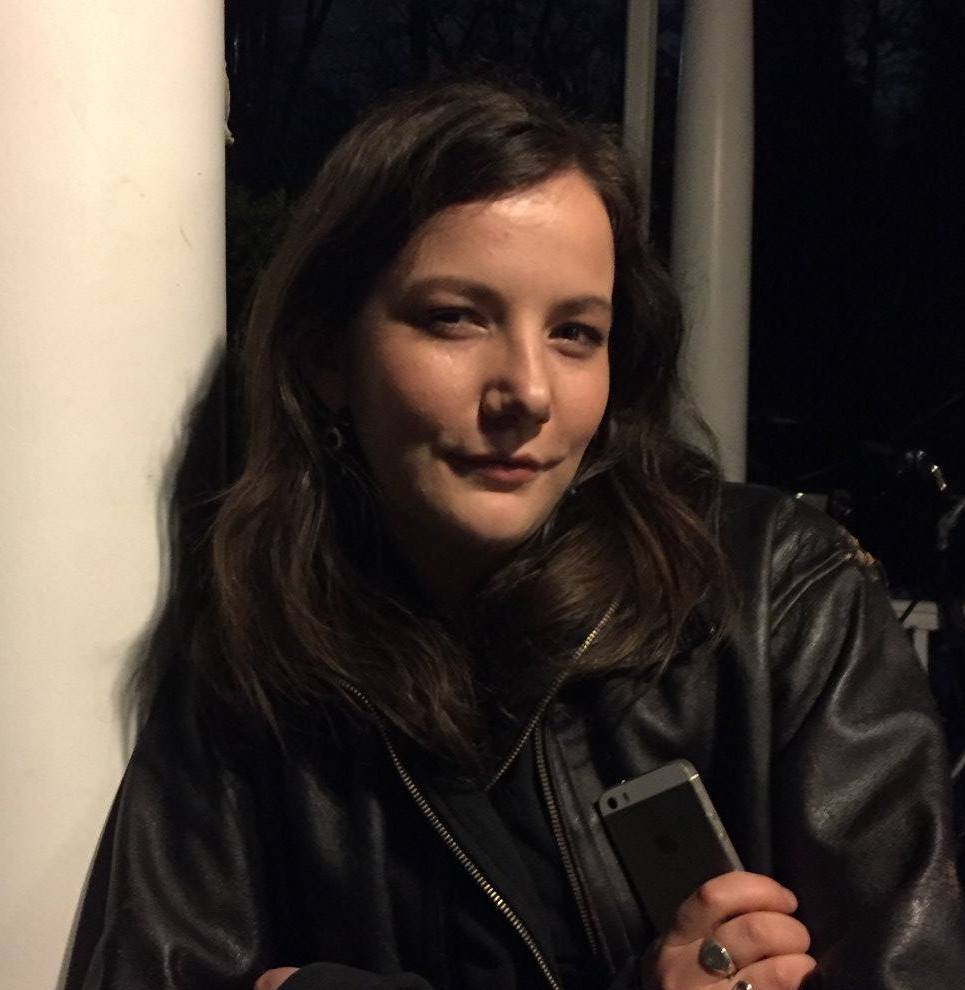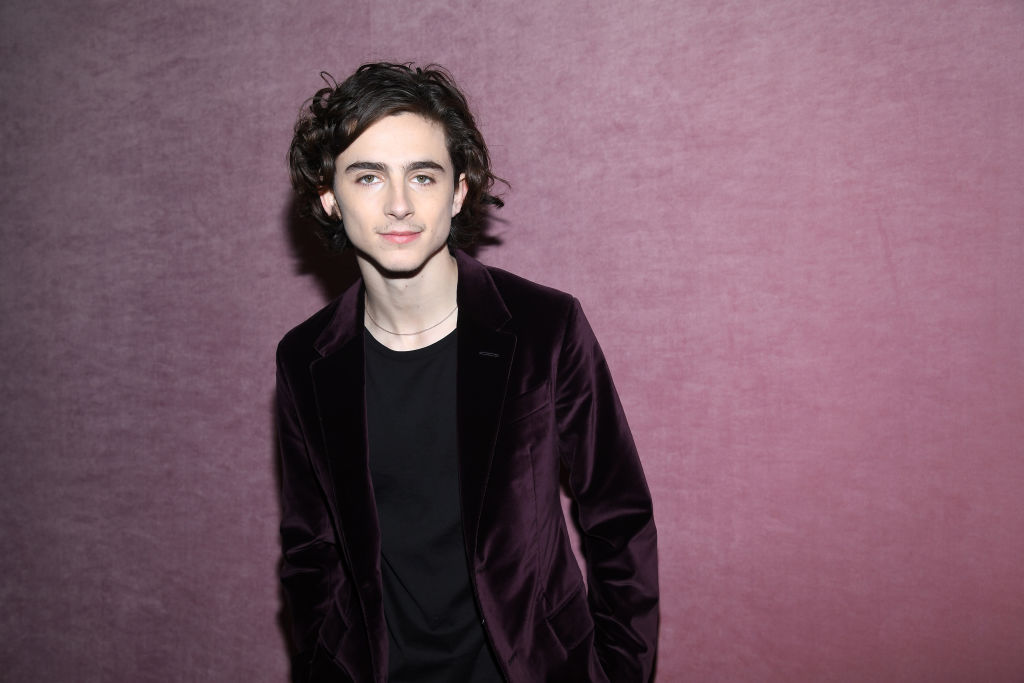In a new interview in iD Magazine, singer Harry Styles (formerly of One Direction) interviewed actor Timothée Chalamet (Call Me By Your Name, Beautiful Boy), and the conversation turned to their relationship with their phones and social media.
Their conversation builds on a growing number of comments by young celebrities about the importance of taking control over a now-ubiquitous aspect of our daily lives — defying the idea that Millennials are all happily addicted to their phones.
The science backs up these young voices. Addiction to our devices and to social media correlates with higher levels of depression, according to a study published in the journal Social Science & Medicine. And a higher number of social media accounts correlates with increased levels of both anxiety and depression, according to a study published in Computers in Human Behavior.
There’s a growing cultural understanding that while social media is here to stay (“Ultimately there is no going back,” said Chalamet), our relationship with it should be examined. Tech companies themselves have started to shift away from designs that encourage constant usage by introducing new features, like Apple’s Screen Time. And executives in Silicon Valley are sharply limiting their own children’s screen use.
One powerful source of cultural change may be the many young stars speaking up about their relationship with technology. Read some of their thoughtful testimonies here:
Timothée Chalamet
During their conversation for iD, Chalamet explained his thinking on the evolution of social media: “In the late 00s, when the Arab Spring happened in Egypt, there was a real optimism around the internet and the possibilities of social media. But in the last three or four years, there’s almost been a second wave of social media where people only hear what they want to hear and they only yell into their echo chamber. My old roommate told me he’d read interviews with the creators of the internet, where they say they’re haunted by what it has become and they despise the negativity and disinformation it can imbue. On a more micro level and in my experience, social media is really tricky to navigate because the last thing I want to do as an artist is create in a vacuum. But if you read the comments, then you’re opening yourself up to real self-damage. I am envious of a time when people really locked eyes and there wasn’t the escape of a screen,” Chalamet said, adding, “It’s about having self-awareness about your digital input as well as output.”
Harry Styles
Styles shared how limiting his use of social media has affected him: “I feel a noticeable change in how happy I am when I’m not on social media. Someone once described it to me like a house party, where there are three people who are great and 23 people who aren’t that nice.” It wasn’t natural to distance himself — rather, “It’s something I learnt over time,” he revealed. “It keeps everything a little nicer.” Styles was careful to add that he wasn’t against technology. “I’m not bashing social media,” he said. “I think social media also does a lot of good and it’s important to notice that and grow with it.”
Kristen Stewart
Stewart, in an interview with V magazine, delved into what is unique about communication through social media and texting: “When you speak to someone on the phone, that is a decipherable, understandable exchange. But with text and social media, it’s essentially a dialogue with yourself and your interpretation of a shadow. It’s not invalid; it’s a new language.” As a new language, it’s something we can learn to understand, translate, and decipher in meaningful ways. But the language of social media can also be fraught: “You… become addicted to that hit by yourself and with yourself, every seven minutes or so, and you end up wasting so much time just validating something very superficial in yourself. It has definitely changed us,” Stewart said.
Daniel Radcliffe
Daniel Radcliffe is one of few young people who aren’t on any social media. He explained why to Buzzfeed: “It seems really stressful. I never see somebody going, ‘Oh, I just checked my Twitter and this great thing happened.’ Or like, ‘I can’t wait to get onto Facebook tonight’…I’m quite happy to see my friends when I see them, and what’s happened in their life will be a surprise, not something that I’ve read about already,” he said. (78 percent of American 18-24 year olds use Snapchat and 71 percent of this age group are on Instagram, according to new research from Pew Research Center, which also confirmed that 68 percent of Americans are on Facebook),
Emma Stone
In an interview for Elle conducted by Jennifer Lawrence, Emma Stone explained why she maintains a limited social media presence: “I think [more] wouldn’t be a positive thing for me. If people can handle that sort of output and input in the social media sphere, power to them,” Stone said. Brian Primack, M.D., Ph.D., a professor of medicine and pediatrics and director of the Center for Research on Media, Technology and Health at the University of Pittsburgh, confirmed to Thrive that managing use is deeply personal. For Radcliffe, it might mean no social media, for Stone, only a bit.
Emma Watson
Emma Watson doesn’t hate social media — she sees it as a mix of good and bad. “Equal parts are depressing and terrifying and equal parts are empowering and thrilling,” she told Entertainment Weekly last year. “Your whole life becomes how something looks instead of how something feels. And there’s such an emptiness in that,” she said. Instead, she focuses her social platforms on her work and her activism.
Jake Gyllenhaal
Jake Gyllenhaal has spoken with concern about one of the effects of social media and smartphones: we’re always looking down. “To me, this is a product of us all having smartphones and being consumed by that. No one is looking up. I take that seriously…I think it’s saying something really important and a little scary,” he told USA Today.
Selena Gomez
Selena Gomez, until very recently, was the most followed person on Instagram. But she has been outspoken about the anxiety the app causes her: “It had become so consuming to me. It’s what I woke up to and went to sleep to. I was an addict, and it felt like I was seeing things I didn’t want to see, like it was putting things in my head that I didn’t want to care about. I always end up feeling like shit when I look at Instagram,” she told Vogue last year. Her solution hasn’t been to leave the platform, but to take breaks. “I’m kind of under the radar, ghosting it a bit,” she said.
Millie Bobby Brown
The 14-year-old star of Stranger Things announced in November, 2018, that she was taking a social media hiatus. “I am about to begin working on my next movie, and in an effort to focus on the work, I wanted to share that I’ve decided to take a bit of a break from social media,” Brown explained in an Instagram caption. “See you in the New Year,” the post end. Brown builds on a history of taking mindful steps to improve her relationship with social media. She permanently deleted her Twitter account in June 2018 after experiencing bullying on the platform.
Follow us on Facebook for all the latest news on how you can keep Thriving.
More from Thrive Global:
8 Things You Should Do After 8 P.M. If You Want to Be Happy and Successful


